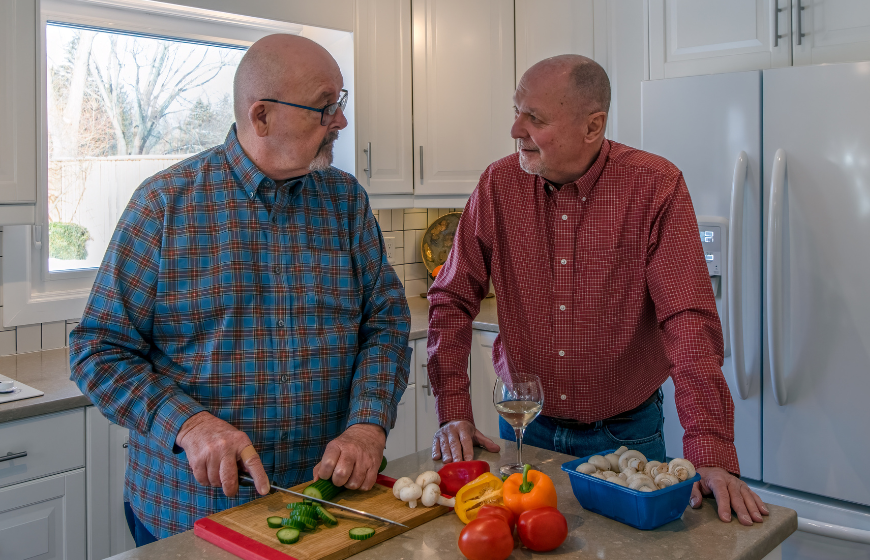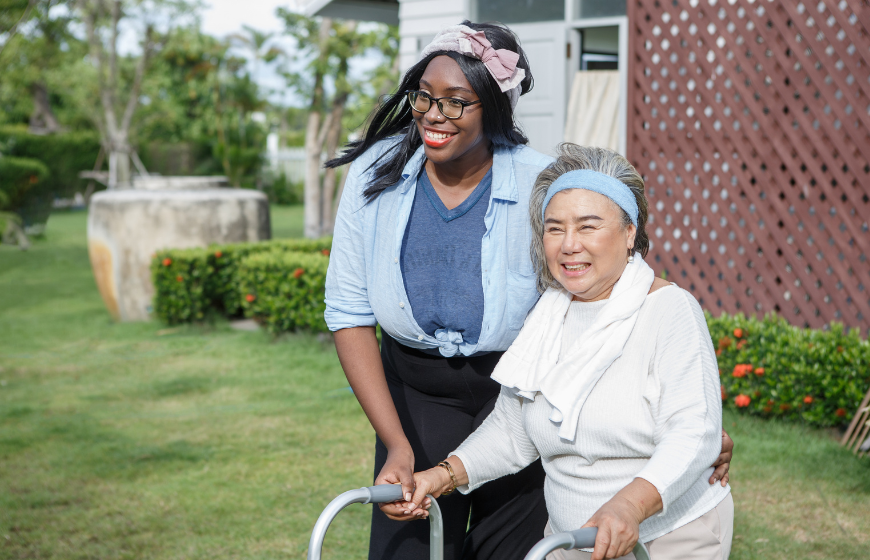The flu is not something to take lightly, especially if you’re over the age of 65. People over age 65 and older are the population at highest risk for flu-related health complications and even death. It’s estimated by the Centers for Disease Control and Prevention (CDC) that up to 85% of seasonal-flu-related-deaths happen to the older adult population. Here’s what you can do to make sure you don’t become part of this staggering statistic:
- Get your flu shot. Getting vaccinated against the flu is, by far, your best bet to preventing the virus. The CDC recommends that everyone 6 months of age and older get a seasonal flu vaccine each year, ideally by early November. Flu vaccinations are particularly important for people over age 65 because this population tends to suffer severe complications from the flu. There are two vaccines designed specifically for older adults:
- The “high dose vaccine” holds 4 times the amount of the antigen as the regular flu shot. This vaccine provokes a stronger immune response and elevated protection.
- The adjuvanted flu vaccine, Fluad, is designed to help create a stronger immune response to vaccination by using a MF59 adjuvant (an immune system response booster). This adjuvant has proved more effective than regular-dose unadjuvanted flu shots in clinical studies. This vaccine is available for the first time in the United States this year.
- Practice good health habits. Wash your hands often, eat highly nutritious, meals, cover your mouth when coughing, and avoid people who are ill.
- Seek medical attention quickly if you develop flu-like symptoms. Symptoms include: fever, cough, sore throat, runny or stuffy nose, body aches, headache, chills and fatigue. Digestive concerns may also be present. People may be infected with the flu and have respiratory symptoms without a fever. If you have any of these symptoms, see your healthcare provider immediately. You may be able to take an antiviral drugs that can lessen the intensity of the flu and help you avoid serious complications.
- Get pneumococcal vaccine. It’s not necessarily the flu that causes deaths in the older adult population, but pneumonia. Pneumonia is a serious complication of the flu. People over age 65 can receive a pneumococcal vaccine at the same time as the flu vaccine.
We encourage all of our clients to get the flu-vaccine. You are protecting both yourself and the community by being vaccinated. If you have any questions or concerns about seasonal flu, we’re to help. Contact us at 1-877-NURSE80




